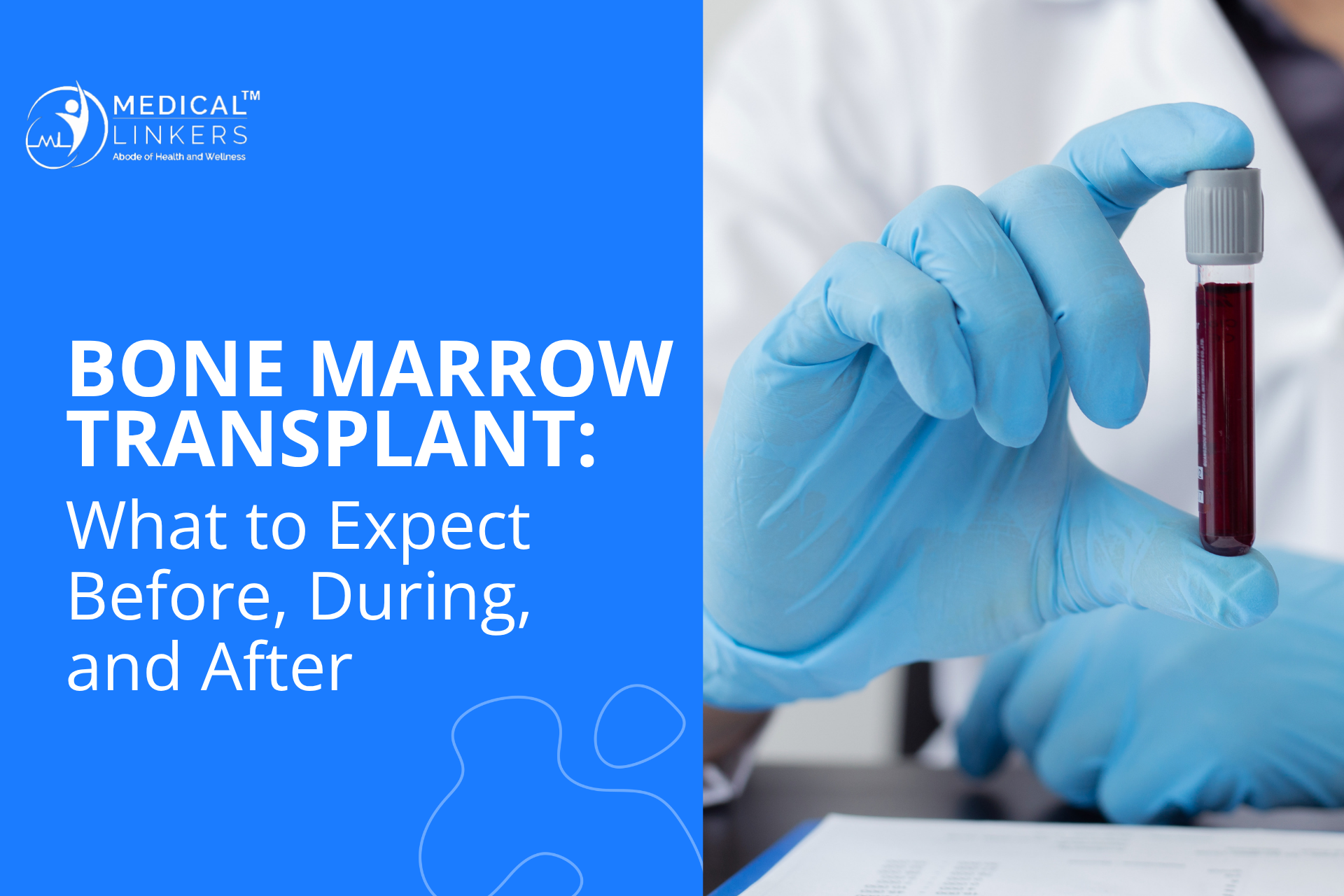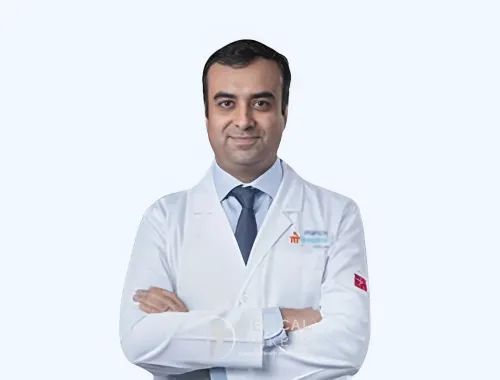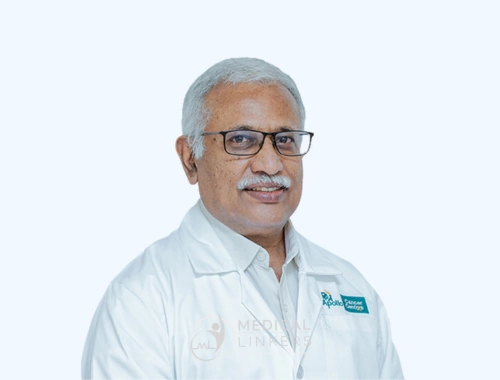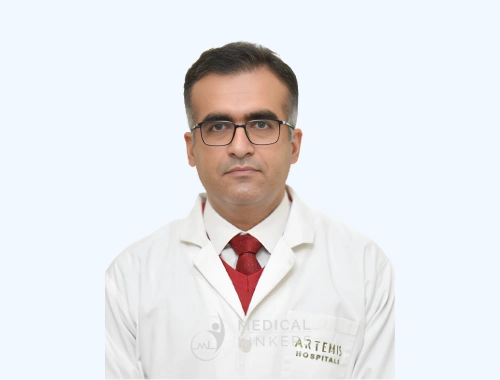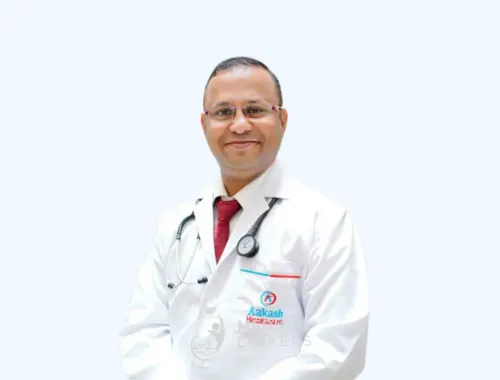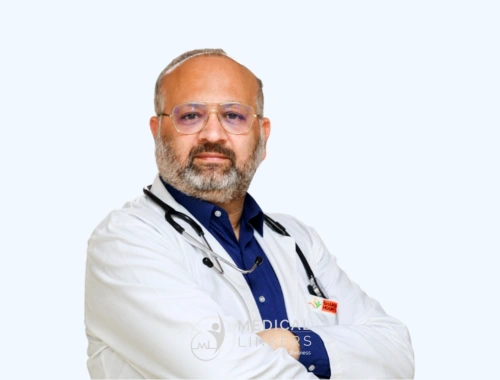Types of Colorectal Cancer Treatments
Colectomy (Partial / Total) - Removal of part or all of the colon, depending on the location and extent of the cancer. In case of total colectomy, an alternative way for waste to leave the body (colostomy) is created.
Proctectomy - Removal of part or all of the rectum, which may include creating a colostomy or ileostomy for waste elimination.
Abdominoperineal Resection (APR) - Removal of the anus, rectum, and part of the sigmoid colon, often resulting in a permanent colostomy.
Low Anterior Resection (LAR) - Removal of the rectum and part of the colon, with reconnection of the remaining colon to the anus or a temporary colostomy if necessary.
Chemotherapy - Uses drugs to kill cancer cells or stop them from growing, often administered intravenously or orally.
Radiation Therapy - Uses high-energy radiation to target and kill cancer cells, commonly used for rectal cancer and to shrink tumors before surgery.
Targeted Therapy - Targets specific molecules involved in cancer cell growth and survival, typically used for advanced cancer or when chemotherapy isn't effective.
Immunotherapy - Stimulates the body's immune system to recognize and destroy cancer cells, used for specific genetic types of colorectal cancer.
Diagnosis
Colorectal cancer is diagnosed through tests such as colonoscopy, biopsy, PET scan, and blood tests (CEA test). These tests help detect cancerous growths, determine the stage, and guide treatment planning.
Diagnostic Cost in India
| Diagnostic Procedure |
Cost in USD |
| Blood Tests |
50 to 80 |
| Radiological Assessment |
100 to 200 |
| Colonoscopy |
400 to 500 |
| Histopathology Examination |
150 to 250 |
| Full Body PET Scan |
300 to 500 |
Surgery Cost in Different Countries
| Country |
Cost in USD |
| India |
5500 to 10500 |
| Turkey |
8000 to 18000 |
| UAE |
35000 to 55000 |
| USA |
165,000 to 250,000 |
Surgery Cost in Indian Cities
| City |
Cost in USD |
| New Delhi / NCR |
5500 to 9500 |
| Mumbai |
6500 to 10500 |
| Bangalore |
6500 to 10000 |
| Chennai |
5500 to 10500 |
Surgery Cost Inclusions
| Pricing Inclusions |
Option |
| Routine patient investigations before surgery |
Included |
| First consultation |
Included |
| Type of surgery as advised |
Included |
| Treatment as advised (Surgery, chemotherapy, radiation therapy etc.) |
Included |
| Surgeon fee, OT charges, anesthesia |
Included |
| Routine drugs and consumables required during hospitalization |
Included |
| Pre-anesthesia check up and clearance |
Included |
| Dressing examination and first consultation after discharge |
Included |
Top Hospitals in India for this Surgery
Artemis Hospitals, Gurgaon
Max Hospital Gurugram
Gleneagles Global HealthCity, Chennai
Max Super Speciality Hospital, Shalimar Bagh, New Delhi
Fortis Memorial Research Institute, Gurgaon
Medanta - The Medicity, Gurugram
Factors Affecting Colorectal Cancer Treatment in India
Please note that the costs mentioned above are only indicative and not conclusive, as multiple factors influence the final cost of your treatment journey. These factors include:
The choice of location, doctor and hospital; type, size and location of the tumor; stage and grade of cancer; pre-existing medical history; type and duration of treatment advised; need for extended hospital stay; need for any other additional treatment; type of surgery and approach; overall patient status and condition at the time of surgery; hotel stay, meals, and flights; extended hospital stay; post-operative follow-ups and medical management; post-operative dressing and nurse visits; any required blood products; complications management; treatment for any other underlying medical conditions; and any complex investigations.





